Border and quarantine fixes are urgently needed
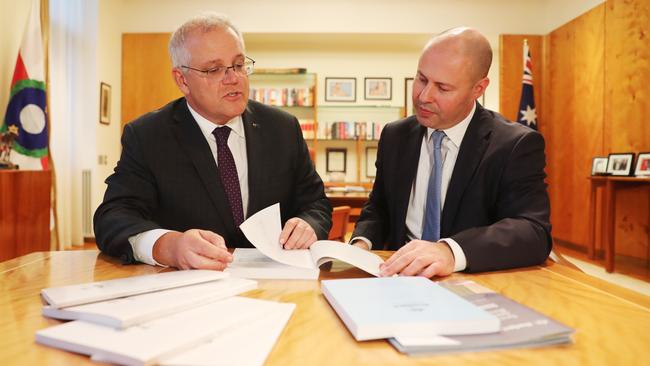
As Rosie Lewis reports on Tuesday, the tourism sector has warned the government’s failure to set dates to vaccinate and reopen the country is no longer an option. It has set out a 13-point plan ahead of Tuesday’s budget, including continued wage subsidies and travel bubbles with Singapore, Japan and South Korea. Another outcome from the success of the suppression strategy has been that the public has been too easily dissuaded from taking up the vaccine programs on offer. There are several reasons for this. One has been poor messaging from government and health officials about the possibility of rare but worrying side effects. Another is lingering uncertainty about the benefits of getting vaccinated. The lack of a clear roadmap on when international borders may open and under what conditions has been a big contributor to this uncertainty.
Scott Morrison added to the confusion on Sunday when he said the “pandemic isn’t going anywhere” and he did not see an “appetite” for a change to Australia’s international border closures. Mr Morrison’s comments were widely and incorrectly interpreted as meaning the government had changed its strategy from suppression to elimination and that international borders would remain closed indefinitely. The Prime Minister issued a clarification that he was not advocating for a “zero cases” strategy. But Victorian Acting Premier James Merlino was quick to say he supported Mr Morrison’s cautious view for Australia to keep its borders shut indefinitely. “We all want to get back to normality as quickly as possible, but we won’t get there until we have not only a successful rollout in the commonwealth’s vaccine program here in Australia but three billion-plus vaccinations right around the world,” Mr Merlino said. If this is to be so, with few, if any, local cases it is little wonder that many Australians would consider vaccination not to be a pressing necessity.
The federal government is working hard to retreat from the hardline message on indefinite border closures and working to set out a clear roadmap for open borders and easier international travel. Health Minister Greg Hunt says: “Our goal is very simple: to keep Australia safe and to progressively open as quickly as we can, subject to safety, green lanes, vaccinations, and then the potential for those that have been vaccinated to be able to travel and to return in different circumstances more rapidly on a faster basis.”
Success in the vaccination program is essential. Unfortunately, the message on vaccination is further clouded by continued international debate over efficacy and possible side effects. Mr Hunt says every day vaccines are responsible for prevention of serious illness, hospitalisation and deaths. But at the same time he admits the impact on transmission is not universal. The US Centres for Disease Control and Prevention has provided information that in some circumstances those who have been fully vaccinated with the Pfizer vaccine have been contracting the COVID virus. Cases also have been reported in Australia and New Zealand of people who have been fully or partially vaccinated contracting the virus. The government is correct that this makes a target of eliminating COVID-19 impractical.
Mr Hunt has outlined a three-step plan for how border restrictions would be removed gradually. The strategy is built on opening new bubbles with different countries, boosting domestic vaccination, and allowing vaccinated Australians to “travel earlier” and “return with lesser restrictions”. The key is to quickly get on top of the vaccination program, which has been seized on by Labor as a government weakness. “Scott Morrison must take us for mugs,” opposition health spokesman Mark Butler said. “We are so far behind in a vaccine effort that we can’t even see the front of the queue.”
The government knows its weakness and is ramping up the part of the vaccine program that it can control. The latest figures show that 2.663 million doses of the COVID-19 vaccine have been administered in Australia. The commonwealth has been responsible for 1.725 million and the states and territories have given 937,938. The commonwealth will distribute an additional 900,000 doses of the vaccine this week. Getting it into people’s arms is the real challenge. Given that a federal election could be held as early as this year, it is inevitable that politics will continue to be played on borders and vaccinations. But we urgently need to get back to an international travel regime that works and have a quarantine system that can deal with breakouts without the need for widescale lockdowns.

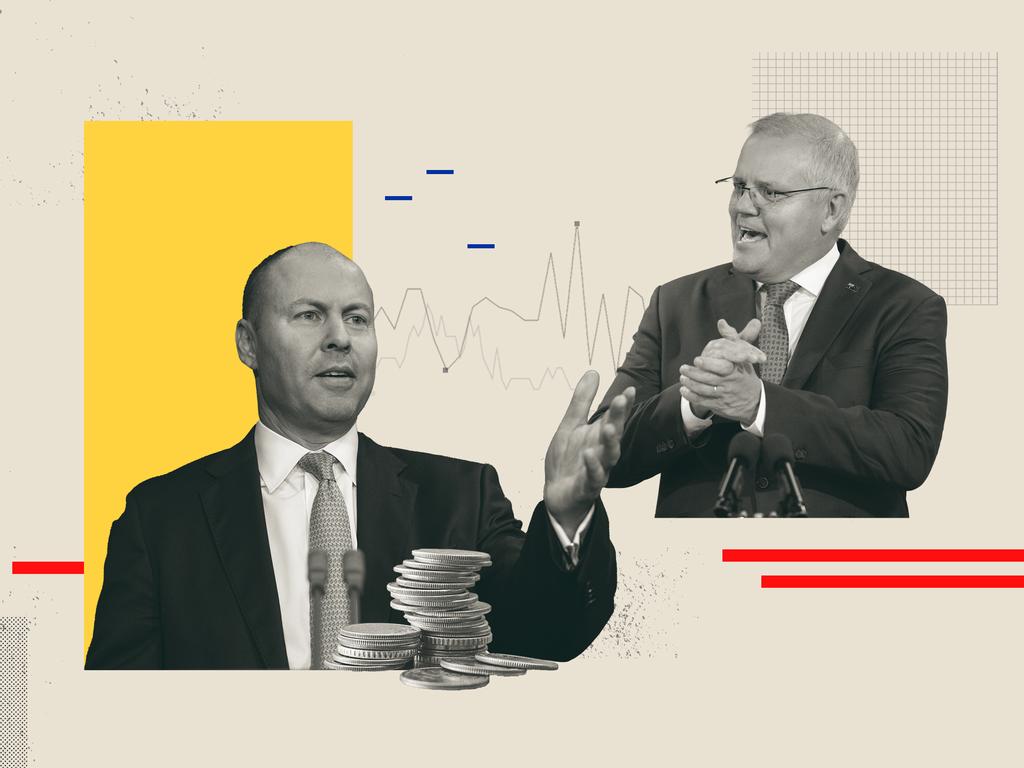
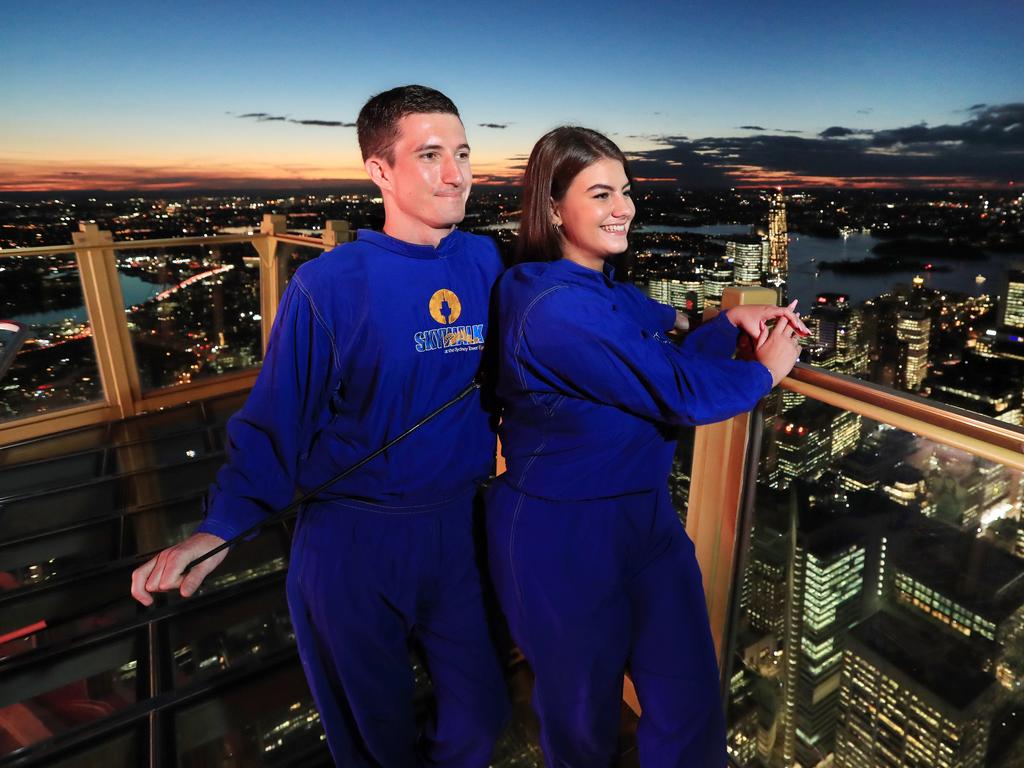
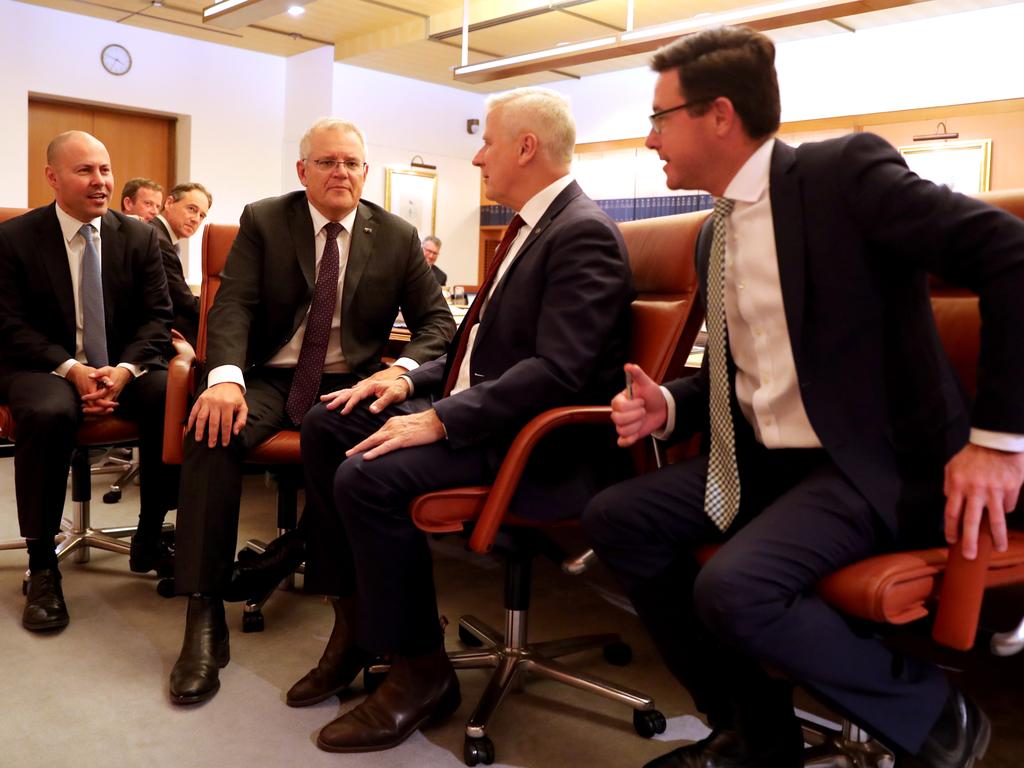
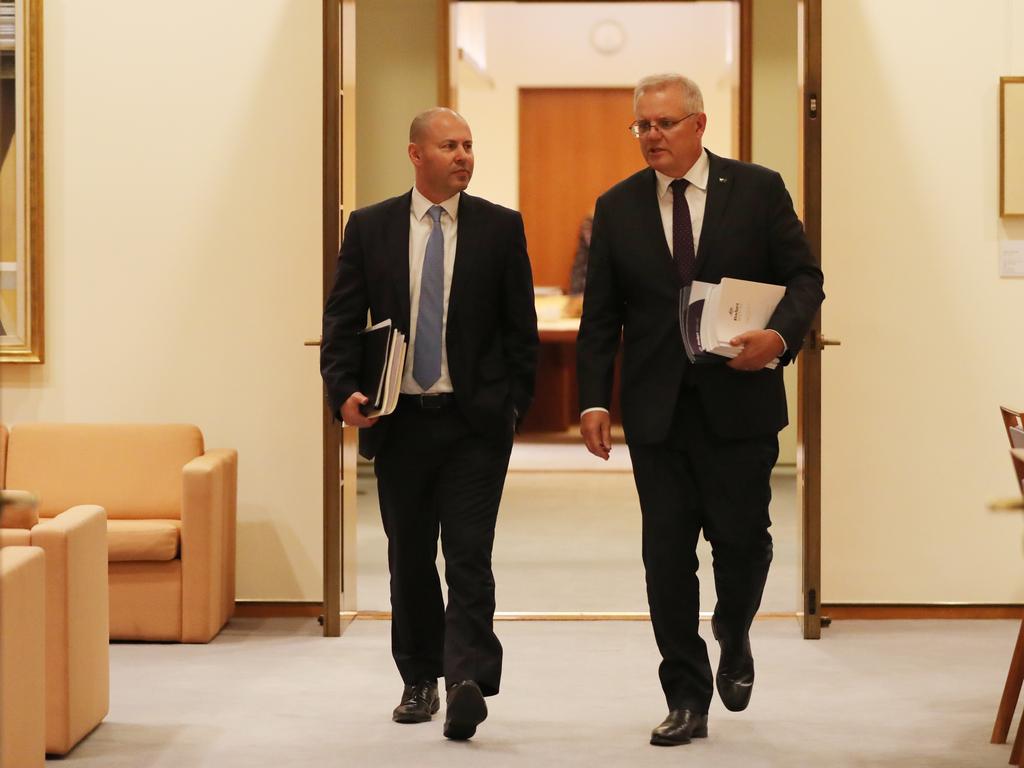


Australia’s success in suppressing COVID-19 has been a triumph for public safety but it also has helped to foster a culture of risk aversion that is proving difficult to shake. Evidence of overcaution can be found across all levels of government, and from the public. Premiers have benefited politically from imposing strict lockdowns that in hindsight have been costly for business and unnecessary. The federal government appears to be taking a leaf from the premiers’ book, elevating a narrative on tough border restrictions that has left doubts about when a return to international travel may be possible for most Australians.